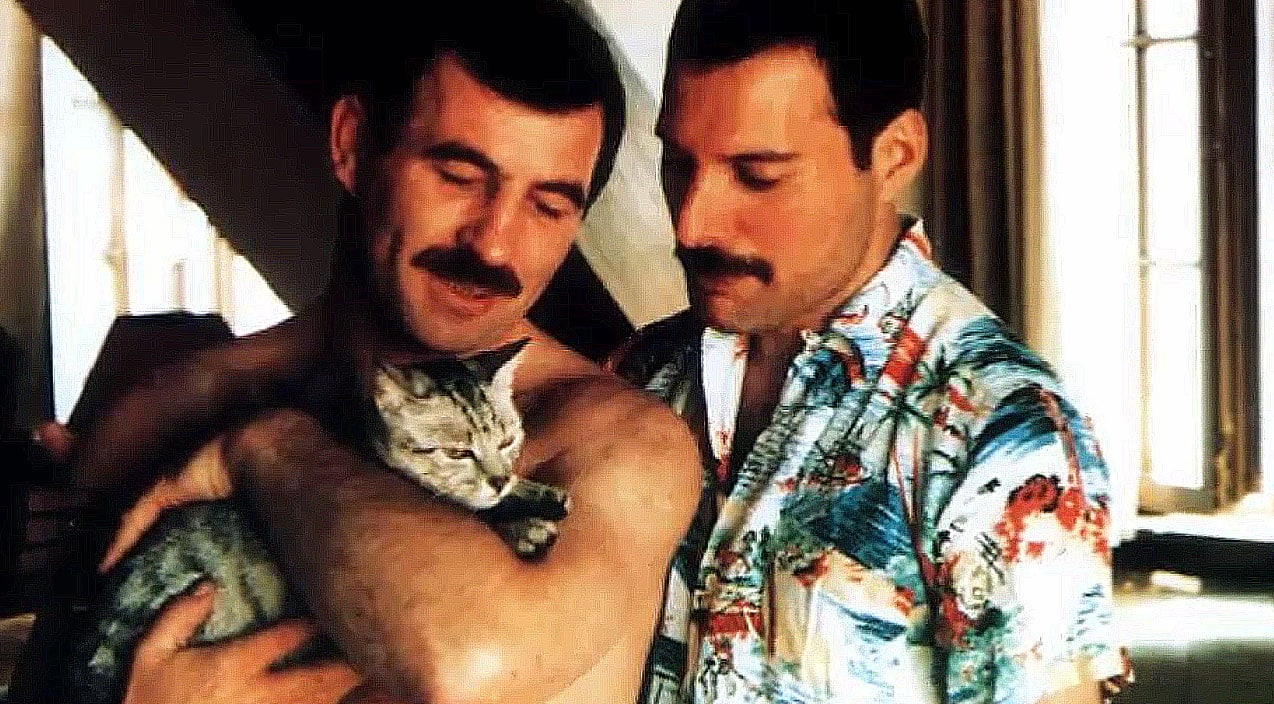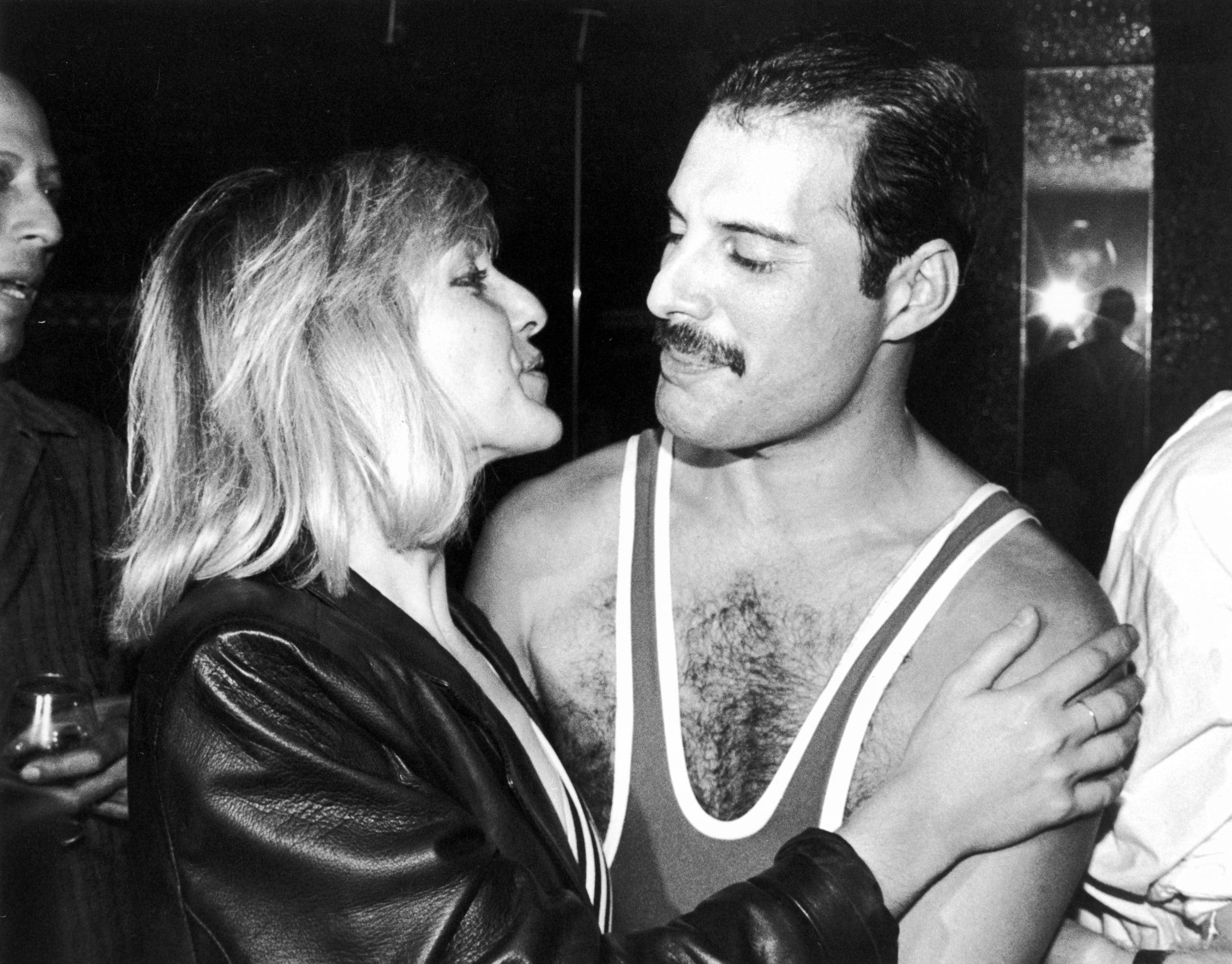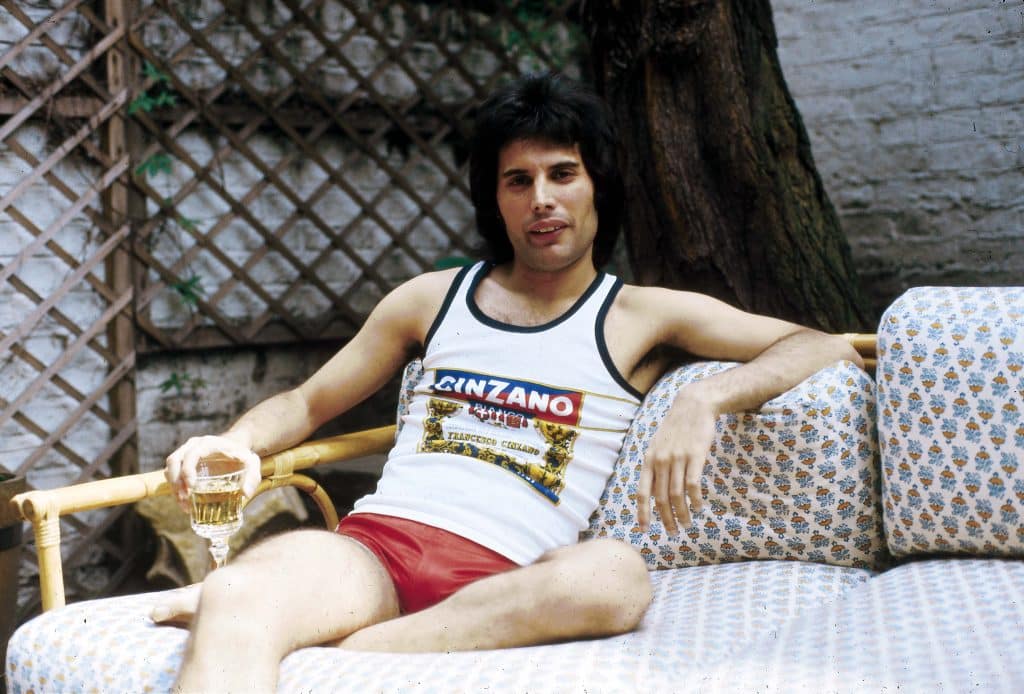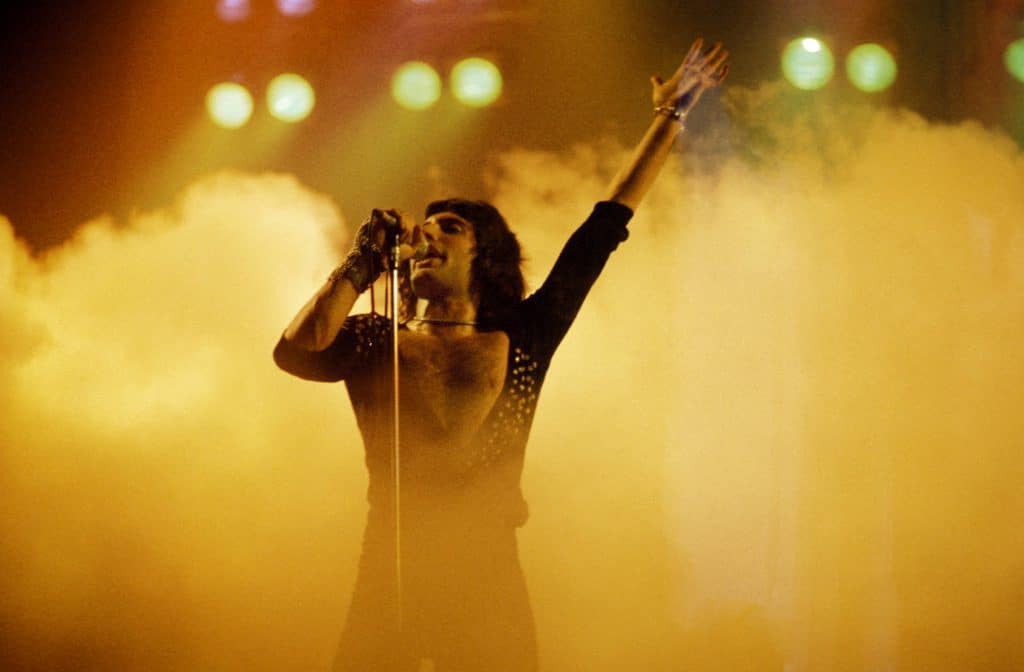Queen Look Back On Freddie Mercury’s Biggest Mystery
On November 24, 1991, Freddie Mercury went to his death having lived one of the most remarkable lives anyone can recall.
He also left his Queen bandmates in the dark regarding the hotly debated subject of his sexuality.
Mercury, who died at the height of the AIDS crisis, is the subject of great curiosity once again as Bohemian Rhapsody continues to dominate the globe, hitting the $800 million mark as of today. Handsome, electrifying, and fiercely private, the 45-year-old rock icon loved and was loved by women and men alike, falling in love with Mary Austin and later, Jim Hutton – both of whom were at his side when he died.


But despite this, his sexuality remained a mystery to his bandmates, and Queen guitarist Brian May says that while there was a “slight suspicion,” it never once occurred to him that Freddie Mercury might be gay.
“You’re talking to someone who shared rooms with Fred on the first couple of tours,” May recalls,
“So I knew him pretty well. I knew a lot of his girlfriends, and he certainly didn’t have boyfriends in those days, that’s for sure. I think there was a slight suspicion but it never occurred to me that he was gay.”
Drummer Roger Taylor echoed that sentiment shortly after Mercury’s death, saying “We were very close as a group, but even we didn’t know a lot of things about Freddie.”

Whether it was the result of self preservation, a defense mechanism meant to protect himself and his family (with whom Freddie never discussed his sexuality or his AIDS diagnosis), or just a desire to cultivate a sense of mystery in an era where everyone knew everything about everyone else, it worked. His outlandish stage outfits and androgynous look allowed him to be whatever the audience wanted him to be on any given night, giving Freddie a kind of camouflage not easily afforded to many – the freedom to move about the world without having to answer questions that, truthfully, were no one’s business to even ask.
It wasn’t until later – “years after it was obvious,” says May – that Freddie admitted to his bandmates that he also liked men. In classic Freddie Mercury fashion, he treated it as a non-issue before moving on to the next adventure.
“The visitors to Freddie’s dressing room started to change from hot chicks to hot men,” May told the Times of London in 2017.
“It didn’t matter to us; why should it? But Freddie had this habit of saying, ‘Well, I suppose you realize this, that or the other,’ in this very offhand way – and he did say at some point, ‘I suppose you realize I’ve changed in my private life?'”
Interestingly enough, it was that same offhand manner that carried Queen through Freddie’s battle with AIDS. Roger Taylor recalls the day Freddie revealed to his bandmates what they already knew and spent the last few years denying to anyone who asked; determined to get on with whatever time he had left, Freddie made it clear that life would go on as usual until the end arrived.

“He decided to just invite us all over to the house for a meeting,” Taylor revealed in a 2014 interview with Rolling Stone.
According to Taylor, Mercury said “You probably realize what my problem is. Well, that’s it and I don’t want it to make a difference. I don’t want it to be known. I don’t want to talk about it. I just want to get on and work until I f—— well drop. I’d like you to support me in this.”
Freddie’s death on November 24, 1991 culminated in one final plot twist that left the guys in Queen scratching their heads once more. Despite having spent the last 6 years of his life with Jim Hutton, it wasn’t him – or any other man he’d been romantically involved with – that Freddie left the lion’s share of his fortune to: it was former girlfriend Mary Austin.
Austin, who Mercury called “the love of my life,” would receive almost all of his entire estate, including the elaborate mansion he called home. She was also tasked with the enormous responsibility of spreading his ashes in an unknown location – one that nearly 30 years later she still has yet to reveal.
While they’ll never know the truth of something as complex as Freddie Mercury’s sexuality, his bandmates can agree on one thing: Freddie was too big, too bright of a star to allow himself to be defined by something so superficial.
To allow the world to cram his entire existence into one neatly marked box would have been to betray the gifts he was destined to squeeze the life out of, and for a man who knew long before the rest of us that he would be a legend, that was simply unacceptable.


